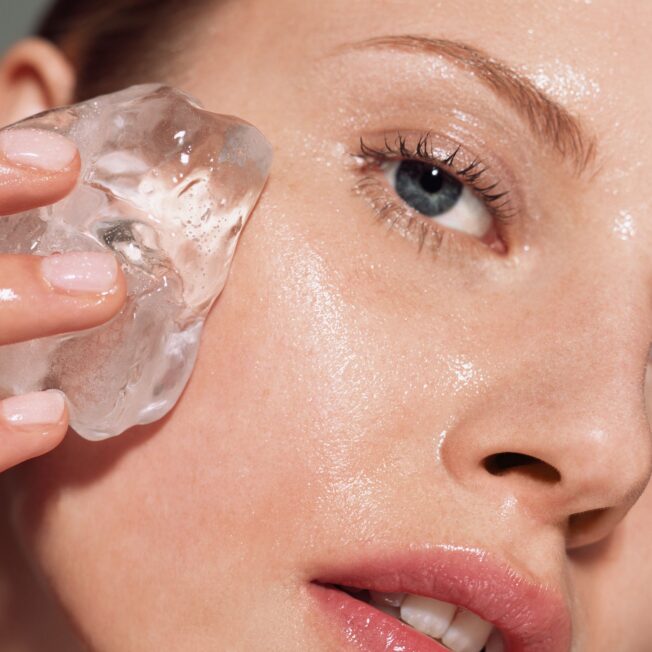I’ll be the first to admit that dealing with skin issues, whether garden-variety acne or chronic eczema, can make a person feel desperate. There’s just something about having your problems literally stamped across your forehead (or cheeks, or nose) that adds a layer of urgency to treatment.
For this reason, many are willing to accept dermatologist’s prescriptions without asking about the consequences; and sometimes, as with any medication, this can lead to dangerous side effects, worsened symptoms, or even resistance to future treatment. It’s important to take a pause when considering whether any medication is right for you.
Here’s what to know about three common dermatologist-prescribed cures, so you can make the most informed decision possible.
Antibiotics
It’s common for derms to prescribe antibiotics to eliminate acne — and sometimes, it works.
“Antibiotic” literally translates to “against life;” anti-bio. These pills serve to kill off the bacteria in your body, and since acne is often caused by a buildup of bacteria in the pores, antibiotics can definitely help clear your skin.
However, antibiotics don’t discriminate: They also kill off the healthy bacteria in your body, substances that are essential for long-term skin health — and in fact, essential for a strong immune system and a functioning digestive system, too. By killing off beneficial bacteria, antibiotics can actually weaken your immunity, cause digestive issues, and make it easier for “bad” bacteria to take over — in effect, worsening your acne in the future. A high dose can also lead to “antibiotic resistance,” a phenomenon that renders the body immune to future antibiotic treatment.
If you do decide to go the antibiotic route, make sure to supplement your daily dosage with an over-the-counter probiotic pill, too. This will help replenish your body’s supply of good bacteria, which can balance out the damage done by antibiotics.
Steroids
When it comes to chronic skin issues like dermatitis, eczema, or psoriasis, dermatologists will often prescribe low-dose topical steroids to combat the issue. In small doses, steroids can help — but it’s very easy to go overboard here, which can eventually weaken the skin’s barrier and allow the underlying condition to take over.
If you are prescribed steroids, you should know that most board-certified dermatologists only allow continuous steroid application for two weeks at a time — after that, you run the risk of developing something called “skin atrophy,” a permanent thinning of the skin. And since skin was designed to be a protective layer between the outside world and our insides, this presents a bit of a problem. In many cases, steroid use can actually trigger new skin issues. In fact, this medication is one of the leading causes of perioral dermatitis.
Should you decided to undergo topical steroid treatment, be mindful of how much you use (a single drop should be enough to cover your whole face) and how often you use it (once a day for two weeks — no more).
Spironolactone
Spironolactone, or “spiro” for short, is quickly becoming one of the most-prescribed medications in the dermatological field. It’s considered to be pretty safe, but before you start taking this once-a-day pill, you should be aware of its origins.
Spiro is actually a high blood pressure medication that has the fortunate side effect of tamping down testosterone production and thus, relieving symptoms of hormonal acne. It is generally prescribed in low doses to female acne patients, so it’s shouldn’t interfere with your blood pressure — however, it is directly affecting your hormone levels which, in turn, can affect everything from your libido to your fertility. The medication is not recommended for women who are trying to get pregnant, pregnant, or nursing… so if a family is in your future, you may want to hold off on the spiro prescription.
Additionally, studies have shown that spiro causes cancer in rats. Although no scientific studies have correlated this side effect with humans, the question remains: Do you really want to down a daily pill that’s given another living thing cancer?



















